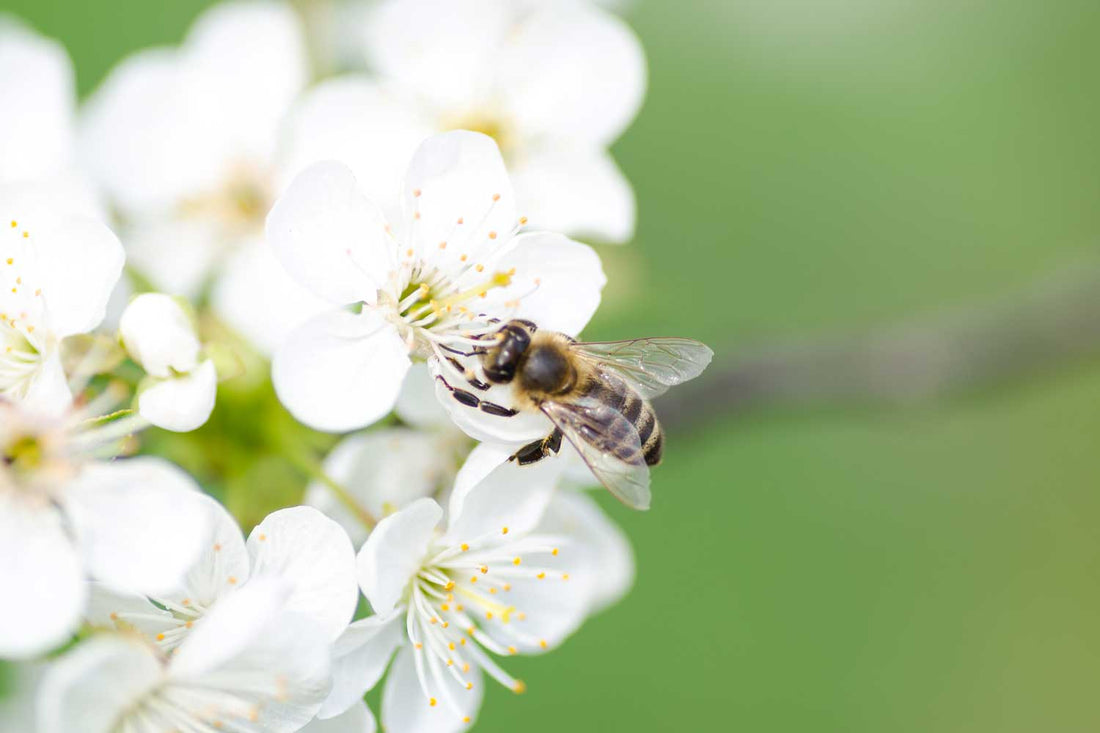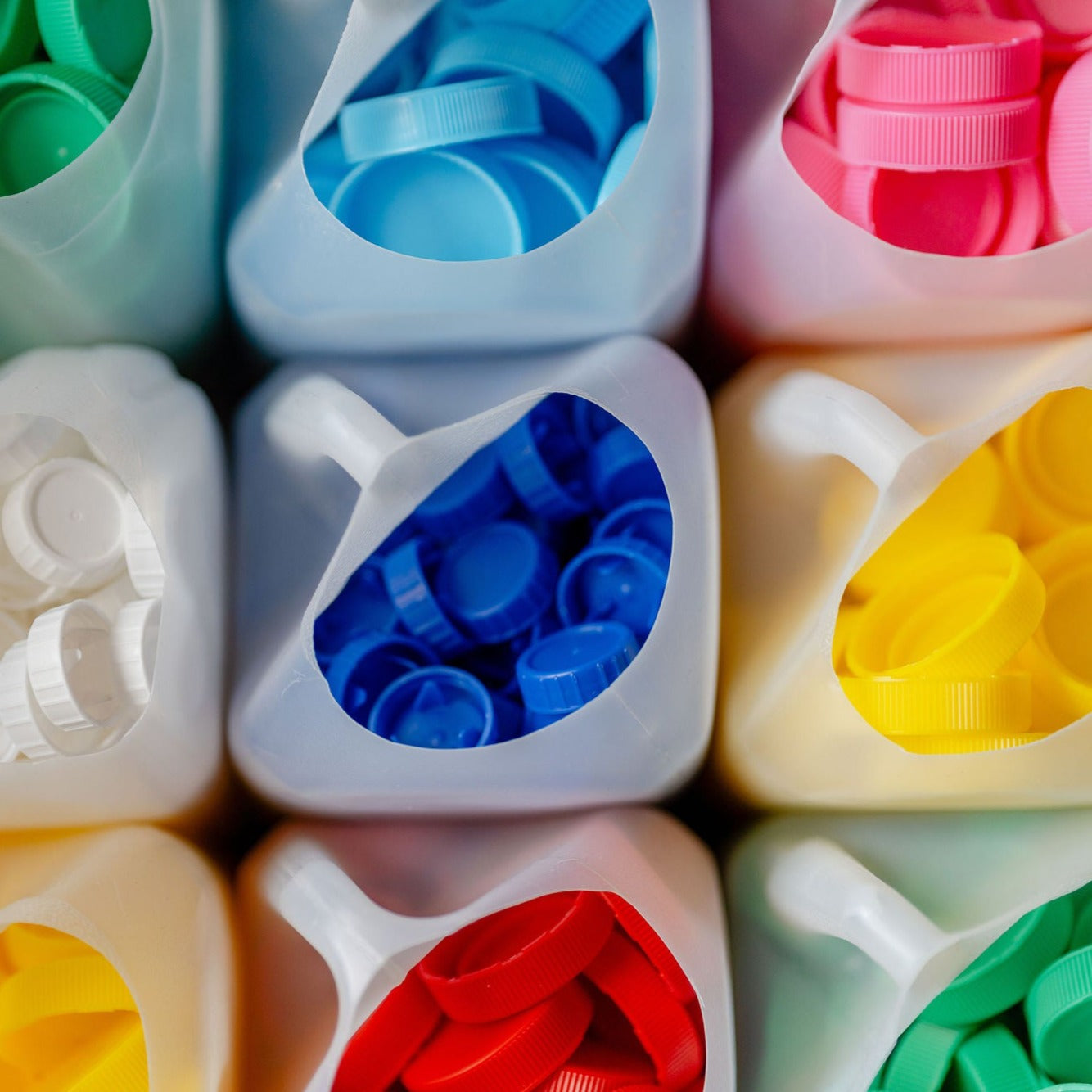
How you can give back to the bees

By Lottie Dalziel
A report in 2017 revealed that honey bees are disappearing globally at an alarming rate due to pesticides, parasites, disease and habitat loss. Apart from missing our bumbling friends, this question was posed by the BBC – "If these little insects that help provide so much of the food we eat were to vanish, what would we do without them?"
So we aren't exaggerating when we say that bees are one of the most important creatures in the world and we rely on them for almost 65% of our food. Bee populations are under extreme threat due to the use of chemicals including the ones we use in our own backyards. Not only this but also the number of pollen flowers in Australian cities is decreasing due to development which means there are very few spots for the bees to get food.
The team at Lil'Bit have created a solution to help us help the bees. Bee Seed Bombs use a technique that is hundreds of years old.

Bee Bombs should not actually be buried in soil, just placed (or plopped) onto the surface of the soil.
The compost from the bombs provides organic matter and nutrients. When conditions are just right (i.e the perfect amount of water and sunlight), the seed ball will break down and the seeds will germinate – ta-duh!
Interested in knowing more about bees? Listen to this episode of Sustainability Further with urban beekeeper Jack Stone.
Over time, the little bombs will grow into herbs and flowers that provide habitat and food for pollinators. Spring is the best time to "plant" them, to mimic what happens when these plants naturally produce seeds.
Let nature take its course, and the seeds will germinate when conditions are good. Be patient - some of these plants may not bloom the first year, but will reward you with more blooms in subsequent years!
You can buy Bee Seed Bombs in a bag of 6 from the Banish store.

